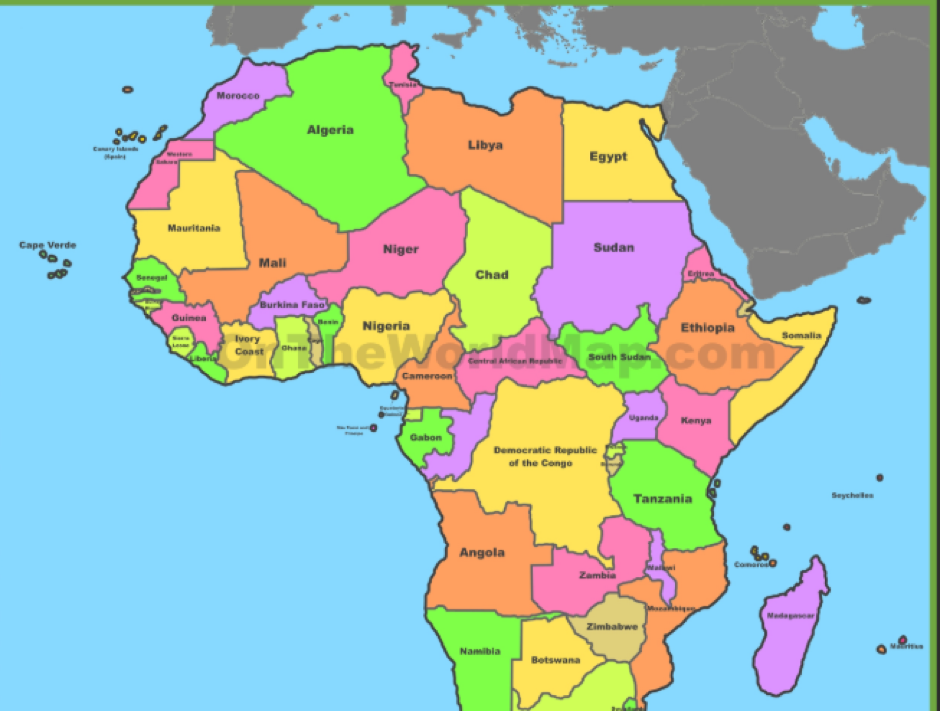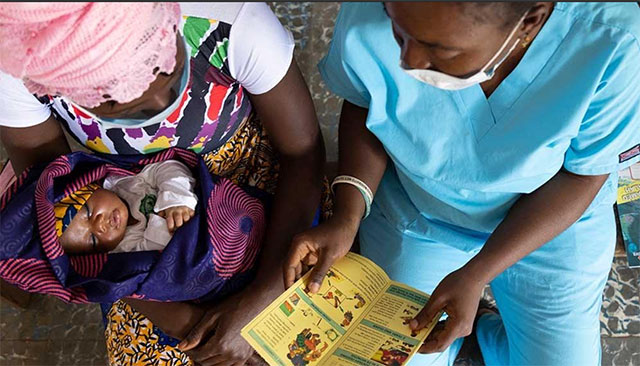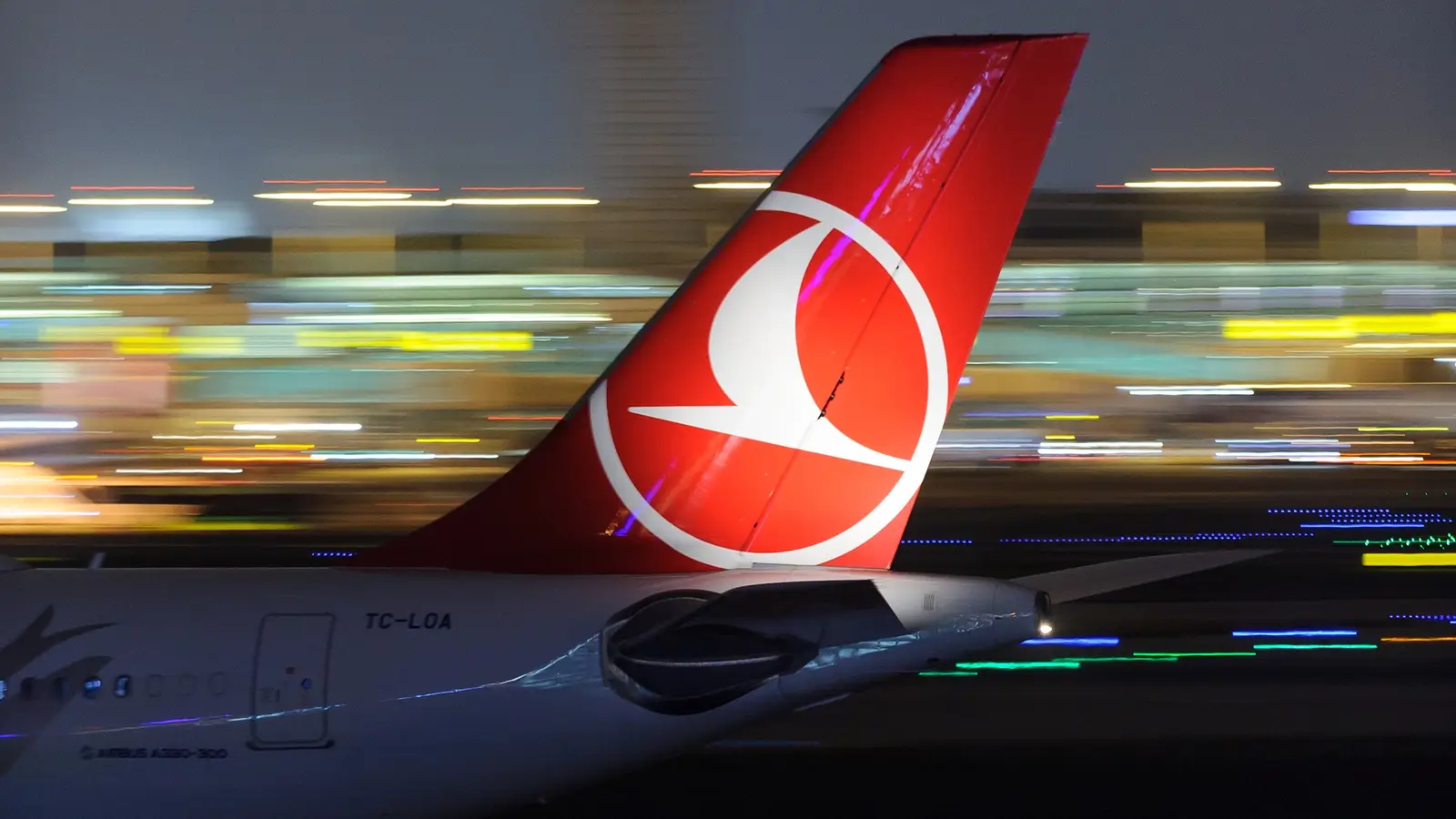By Abubacarr
Copyright standard

By Sheriff Bojang Jr
Africa’s democratic gains are eroding, a new report warns, citing neoliberal economics, colonial currencies and leaders clinging to power.The Open Society Foundations’ latest report, ‘Analysis of the Nexus between Democratic Governance and Economic Justice in Africa’, authored by Senegalese development economist Ndongo Samba Sylla, delivers a searing critique of governance in Africa.It contends that across the continent, multiparty systems are increasingly little more than “choiceless democracies”. While elections multiply, meaningful sovereignty and economic justice remain out of reach.The report, released on Monday, argues that Africa’s democratic experiment has been systematically undermined by structural adjustment programs, neoliberal orthodoxy and neo-colonial monetary arrangements. Its conclusions challenge the assumption that political liberalisation inevitably delivers prosperity and accountability.“You may have 10 candidates on the ballot,” Sylla, a former technical adviser to the Senegalese presidency, tells The Africa Report, “but whoever wins is bound by the same austerity, the same privatisation dogma and the same liberalisation agenda. The economic policy is predetermined.”
From structural adjustment to choiceless electionsThe report traces the origins of Africa’s crisis of democracy to the 1980s and 1990s, when structural adjustment programmes designed by the IMF and World Bank swept across the continent. Ostensibly aimed at stabilising economies, these programmes imposed fiscal austerity, privatisation of state assets and trade liberalisation.This economic orthodoxy coincided with a wave of political liberalisation, as one-party regimes gave way to multiparty systems. Yet the combination proved toxic, according to the report.“The promise associated with political liberalisation was somehow being hijacked by the parallel economic liberalisation agenda and its socially regressive outcomes,” the report says. Countries gained the right to vote but lost the right to shape their economic destinies.The result has been a widening gulf between electoral politics and policymaking. Governments change, but macroeconomic policies remain strikingly similar. For many citizens, the ballot box no longer feels like a tool for meaningful change.“Africans got the vote, but not the power,” political analyst Emman Etuk, tells The Africa Report. “Ballot papers replaced bullets, but the economic instructions still came from Washington and Paris.”
The CFA franc and the illusion of sovereignty The report devotes significant attention to the CFA franc, the euro-pegged currency used by 14 West and Central African states. Sylla labels it a “colonial currency” because its foundations, designed under French rule, remain intact today.Legal agreements ensure that the French treasury retains ultimate control, limiting the policy autonomy of CFA states.When Mali’s junta seized power in 2021 and sanctions cut the country off from its own reserves, many Malians discovered just how little control their government had over its economy.Africa’s democratic transitions, once hailed as breakthroughs, were built on shaky ground, he argues. “Whenever leaders disobey Paris, the CFA becomes a weapon,” Sylla says.By contrast, Guinea, which issues its own currency, could not be targeted in the same way. The implication, Sylla argues, is that CFA franc states remain exposed to external interference that continues to undermine their sovereignty.As Etuk says: “The CFA franc is not just a currency. It is a leash. Every time a government pulls too far, Paris can tighten it.”
Inequality and the land questionPerhaps most provocative is the report’s analysis of inequality in Africa’s most celebrated democracies. South Africa, Namibia and Botswana routinely rank as the continent’s most stable and liberal democracies.Yet they are also among the most unequal societies in the world, primarily due to entrenched patterns of land ownership.Sylla cites political scientist Michael Albertus, whose research shows that the most significant land redistributions in the past century occurred under authoritarian regimes, while liberal democracies, constrained by checks and balances, largely preserved elite privilege.This finding, according to Sylla, forces a rethink of the assumption that liberal democracy is always the best route to social justice. “You cannot say it is conducive to development in all circumstances,” he says. The report instead advocates for what it calls “substantive democracy”, a system that extends beyond elections to include meaningful citizen participation in economic decisions.
Youth, aging elites and the coup dilemmaThe report highlights Africa’s widening generational gap as another driver of discontent. While the continent has the youngest population in the world, its longest-serving leaders average 77 years old, four times the median age of their citizens.Multiple studies have found that this disconnect fuels resentment and partly explains why many young Africans have welcomed recent military coups in the Sahel. Burkina Faso, Mali and Niger saw popular support for soldiers who ousted entrenched civilian elites.The report is cautious, however, about glorifying coups. While they may briefly lower the average age of leadership, they rarely deliver the deep reforms youth demand. Still, Sylla says, the phenomenon reflects desperation: “If you are young, the only way you can imagine becoming president is to bear arms. That is the shocking reality.”
Beyond the ballot: not poor, poorly governedAt the heart of the report is a call to reimagine democracy itself. Formal elections, however free and fair, are insufficient if they fail to deliver economic justice. The danger, Sylla warns, is that disillusioned populations will increasingly turn to alternatives, be they strongmen, soldiers or street protests.What would substantive democracy look like in practice? The report sketches several proposals:• Universal public services: health, education, housing and social protection guaranteed as rights, funded through better use of Africa’s own resources.• Deliberative mechanisms: citizen assemblies, participatory budgeting and other forums to bring ordinary people directly into decision-making.• Monetary reform: greater sovereignty over currencies and financial systems to prevent external actors from dictating policy.Underlying all of these is the conviction that Africa is not poor but poorly governed. “With careful planning, the basic needs of all Africans could be met within a generation,” Sylla says. “The resources exist. What is missing is political will and leadership.”The report situates its argument in a volatile global moment. Multipolar competition, climate shocks, and debt distress are reshaping Africa’s choices. For Sylla, political crises, however destabilising, are also moments to rethink failed systems.The report does not call for abandoning democracy but for transforming it, arguing that imported liberal institutions must give way to participatory models rooted in Africa’s realities.
For now, Etuk says, Africa’s young citizens are sending a clear message. “They want democracy to mean more than the right to vote. They want it to deliver dignity, opportunity and sovereignty.” If it cannot, the legitimacy of Africa’s political systems will continue to erode, he adds.



